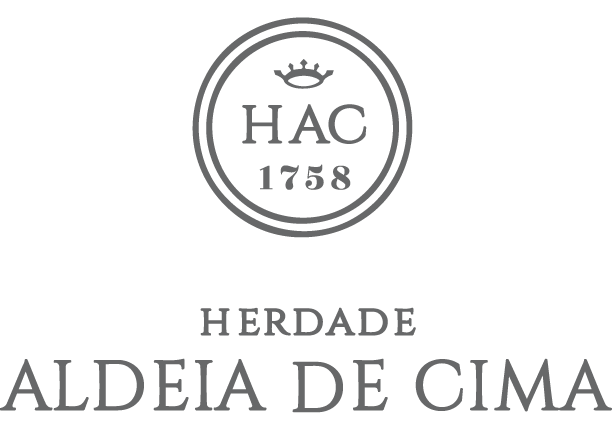Alternative Dispute Resolution for Consumer Disputes
Law No. 144/2015 of September 8, transposed Directive 2013/EU of the European Parliament and of the Council, of May 21, 2013, on alternative dispute resolution for consumer disputes.
What is RAL?
RAL is a mechanism available to consumers and businesses to try to resolve consumer disputes outside of the courts, in a faster and less costly manner. RAL includes mediation, conciliation, and arbitration. The RAL process begins with an attempt to reach an agreement through mediation or conciliation. However, if that agreement is not reached, the parties can still resort to the Arbitration Court, through a simple and quick process.
What are RAL entities?
They are independent entities, with specialized staff, that impartially help the consumer and the company reach an amicable solution. These entities are authorized to carry out mediation, conciliation, and arbitration of consumer disputes. The aforementioned entities must be registered in the list provided for in Article 17 of Law No. 144/2015.
Who is responsible for managing the list of RAL entities?
The Directorate-General for Consumers is the national authority responsible for organizing the registration and dissemination of the list of RAL entities (see ANNEX I).
How many RAL entities exist in Portugal?
In Portugal, there are ten Consumer Dispute Arbitration Centers. Seven of them have generic competence and regional scope, located in Lisbon, Porto, Coimbra, Guimarães, Braga/Viana do Castelo, Algarve, and Madeira. There is also a center with national territorial scope (supplementary), the CNIACC - National Center for Information and Arbitration of Consumer Disputes. Additionally, there are two centers with specific competence specialized in the automotive sector and the insurance sector.
How does a company know which RAL entity it should indicate to its consumers?
The location of the celebration of the purchase and sale contract of an asset or the provision of services, which usually coincides with the location of the establishment, determines the competent arbitration center.
For example:
A company that has one or more commercial establishments in a certain municipality must indicate only the RAL entity that has the authority to resolve conflicts in that municipality.
The obligations arising from Law No. 144/2015 apply, with the necessary adaptations, to all economic sectors not excluded by the aforementioned law, including those for which there is already specific legislation that provides for a similar obligation.
Is there any requirement to join a RAL entity?
The present law does not impose adherence to any RAL entity, only establishing a duty to inform about the existing entities. However, there is the case of necessary arbitration for essential public services, such as electricity, gas, water and waste, electronic communications, and postal services.
How should companies provide this information?
'This information must be provided clearly, understandably, and appropriately for the type of goods and services that are sold or provided (Article 18, paragraph 2 of Law No. 144/2015). Thus:'
On the website of the suppliers of goods or service providers, if it exists.
Who is responsible for overseeing compliance with the obligation to provide information to consumers?
It is the responsibility of the Food and Economic Safety Authority and the sectoral regulators in their respective areas to oversee compliance with these duties, to instruct the respective infringement processes, and to decide on those processes, including the application of fines and ancillary sanctions if necessary.
What is the consequence of failing to fulfill the duty of information to be provided to consumers?
The failure to fulfill the duty of information by suppliers of goods or service providers constitutes an infringement, punishable by:
Bribe between € 500 and € 5000, when committed by an individual.
When does this new regime apply?
Law No. 144/2015 of September 8 came into effect on September 23, 2015, and suppliers of goods or service providers had 6 months, counted from that date, to adapt to this new regime. Thus, since March 23, 2016, companies must have this information available to their consumers.
ATTENTION: The information provided to consumers about the available RAL entities does not exempt suppliers of goods and service providers from providing consumers with the Complaints Book, which is mandatory under Decree-Law No. 156/2005, of September 15.
